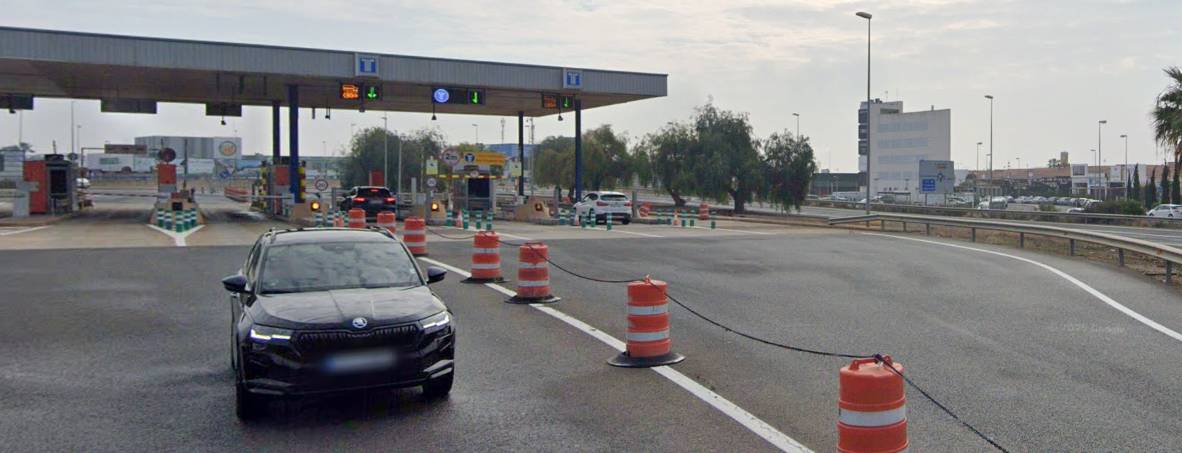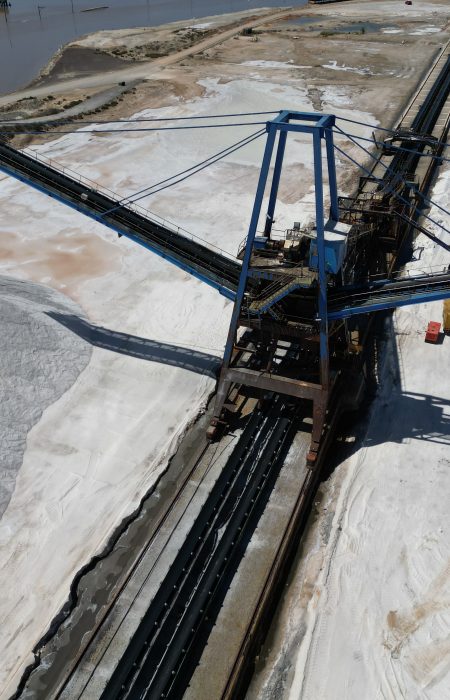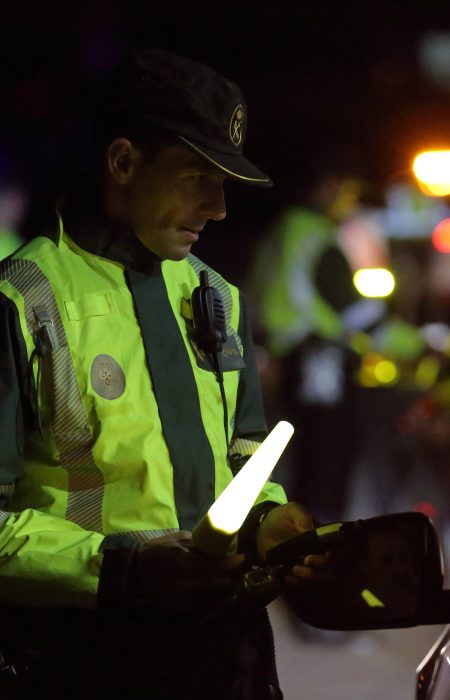In mid-2014, approximately a decade ago, all indications indicated that Ausur, the concessionaire of the AP7 motorway between Alicante, Torrevieja, and Cartagena, would be the next toll road to go bankrupt. This was a scenario that had previously occurred with Ciralsa, the company responsible for the management of Alicante’s second ring road, and the majority of the radial roads in Madrid. Nevertheless, the shareholders of the company persevered until they were able to persuade the banks that, in contrast to the others, they were entitled to a second chance and that the highway could be highly profitable.
The most recent accounts filed with the Commercial Registry ten years later suggest that the company’s shareholders were correct, as the figures demonstrate eight-figure profits and its fourth consecutive year of positive results.
This enhancement is the consequence of the progressive updating of tolls and the increase in highway users, which, according to the most recent statistics from the Ministry of Transport, surpassed its previous record in 2024 with an average of 24,909 vehicles per day.
This amalgamation enabled Ausur to generate nearly €19.5 million in revenue last year, which represents a 15% increase from 2023. However, the true astonishment was the results, which showed a net profit of €24.1 million, which was eight times higher than the previous year’s €3 million.
An Unusual Profit
It is logical that this substantial profit figure—which is even higher than revenue—has a caveat, as it represents extraordinary accounting profits. This is due to the fact that the company has developed a new economic strategy that is predicated on the new traffic figures it is achieving. This strategy has enabled the company to reverse the impairment loss of over €29 million that it recorded in 2016.
At the time, it implemented this measure after evaluating the detrimental effects of the N-332 broadening at that price on its business. This was not foreseen at the time of the highway’s award in 1998, and according to company officials, it diminished the concession’s value. Despite the government’s denial of the compensation the company was claiming for this reason, Ausur now believes that the infrastructure has recovered value and reversed this impairment, minus the corresponding depreciation, based on the new traffic figures.
The economic crisis, which resulted in the collapse of activity in the region and a decrease in the number of visitors, was the cause of the issues. This resulted in the corporation experiencing nearly continuous losses from 2009 to 2020, with the sole exception of 2017. Ausur’s interest in the Cartagena-Vera highway, which was one of the motorways bailed out by the government, also contributed to its bankruptcy.
Nevertheless, in 2021, the company achieved a profit of €43.7 million. This achievement was facilitated by the forgiveness of a portion of the debt owed to its shareholders, including the developer Pralesa and Grupo Fuertes, the owner of El Pozo and Terra Natura, among others—a condition that the bank had established in 2014 for the signing of the refinancing agreement. €2.9 million was earned in 2022, and €3 million was earned in 2023.
Toll free
The positive results of Ausur are not favourable for the town councils of the towns it passes through, who are now envious of the Ministry of Transport’s decision to eliminate tolls on Alicante’s second ring road, which was implemented following its public financing, under the leadership of Óscar Puente. In fact, local councils, including Orihuela, have publicly advocated for the implementation of the same measure for the AP-7 in Vega Baja. The objective is to alleviate the daily traffic congestion and gridlock that drivers encounter in the region.
The concessionaire’s economic strategy incorporates the construction of a third carriageway on the road in 2034 and 2040.









No Comment! Be the first one.